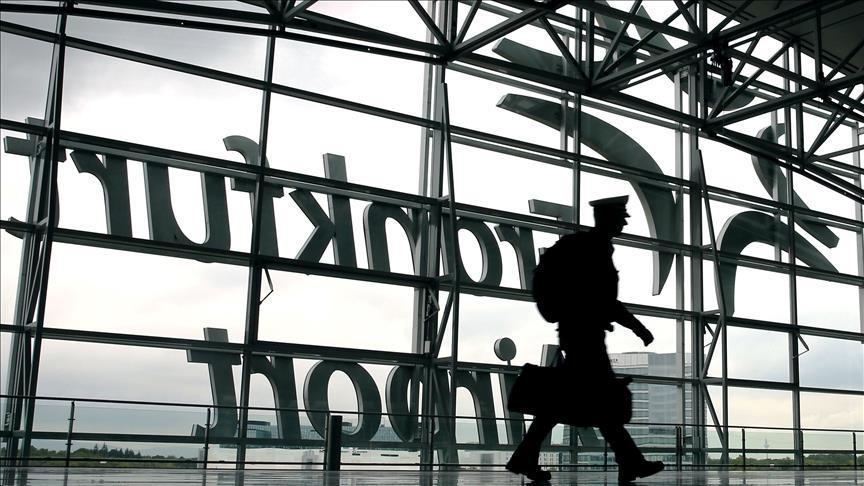Africa-Press – Lesotho. After a prolonged period of decline, global business travel is set to surpass pre-pandemic levels by 6.2%, hitting a historic $1.5 trillion in 2024, a report from the World Travel & Tourism Council (WTTC) showed Thursday.
The resurgence, which outpaces previous predictions, reflected the renewed importance of face-to-face interactions in global commerce after years of remote working and virtual meetings, according to the WTTC’s 2024 Economic Impact Trends Report.
Last year, leisure travel was 2.9% below the 2019 peak, while business travel continued to struggle, remaining 5.4% behind, it said.
The world’s two largest business travel markets, the US and China, led the hike.
Business travel spending in the US, which made up nearly 30% of the global total in 2019, is projected to reach $472 billion this year, marking a 13.4% rise above 2019 levels.
China, the second-largest market, is set to follow closely, with business travel spending forecast to grow by 13.1% to $211 billion.
European markets also saw significant growth, with Germany, the third-largest market, projected to see business travel expenditures hit $87.5 billion.
The UK and France are expected to see record-breaking levels of $84.1 billion and $42.1 billion, respectively.
“After a challenging few years, business travel is not only back on track, but it is recovering much faster than expected, highlighting the importance of international travel for businesses around the world,” Julia Simpson, WTTC president and CEO, said at the global tourism body’s 24th Global Summit in Perth, Western Australia.
“Many business powerhouses such as the US, China and Germany are expected to reach record numbers this year. While virtual meetings played a crucial role during the pandemic, keeping people and businesses connected, today’s report shows that business is better face to face,” she added.
Speaking at the summit, Paul Abbott, CEO of American Express Global Business Travel, said the travel restrictions due to the pandemic highlighted the unique value of travel and in-person connections.
“We always said travel was a force for good, driving economic and societal progress. When travel stopped, GDP plummeted, unemployment soared, and mental health issues escalated. The benefits of travel are now no longer in doubt,” he said.
Abbott underlined the growing trend of companies investing in managed business travel as part of their strategies to foster growth and culture in the post-pandemic era.
Other factors have also fueled the resurgence of business travel, such as the rise of “blended travel,” where professionals mix business trips with leisure vacations.
Moreover, the Meetings, Incentives, Conferences and Exhibitions (MICE) industry has seen a strong recovery, resuming in-person events after long periods of cancellations.
For More News And Analysis About Lesotho Follow Africa-Press






